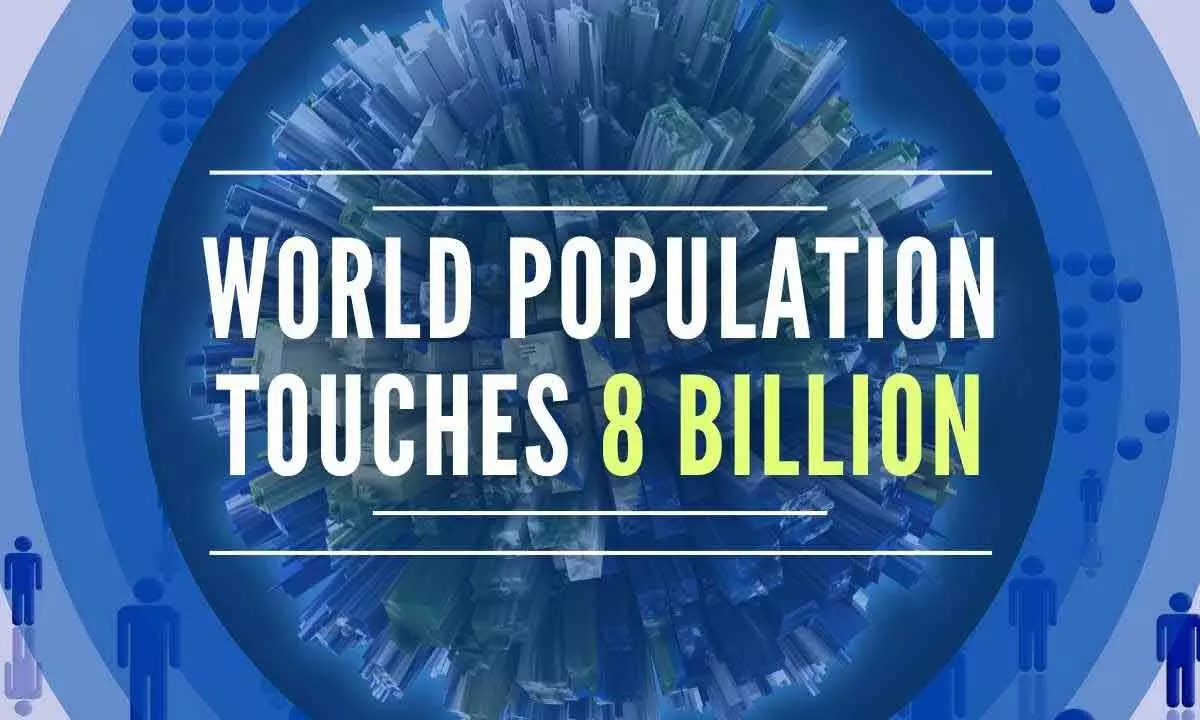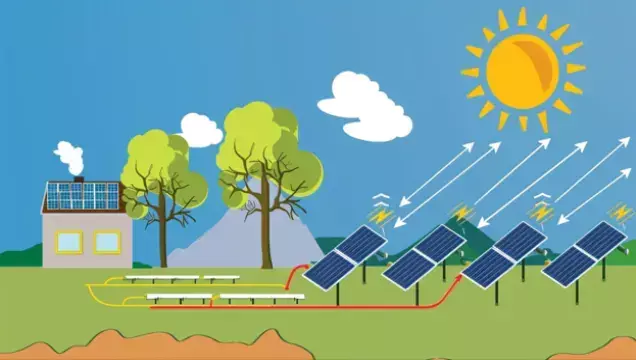8 billion & counting: What's are imperatives?

Human beings reproduced themselves to such an extent as to touch the figure of EIGHT BILLION on November 15, 2022. This, despite the calamities, genocides, wars, famines, floods, hunger and disease! Does it sound good? Great? Or precipitous? What are the implications of these humongous numbers for the lives, rights, health and future offspring of all these people? In a way it is looking beyond.
When we talk of the 8 billion already existing, it is essential to think of the many more that are to be added to this planet in future. Media and experts are looking at the present numbers in a fashion that is really not conducive to the growth and flourish of these people. We are only talking of the world bursting at the seams, migration out of control, uncared for senior citizens and whether there should be a limit on reproductive nature. There is also talk of governments trying to influence the fertility rates. Are there really too many people born into the world? Let us understand that it took a great struggle for humans to progress to this extent. We simply did not jump to 8 billion. This means that infant mortality rates are coming down. It also means that the reproductive health of women and men is still alright. Compared to 30 years ago people are living 10 to 12 years longer. More children are going to school, some health care is also being accessed by them to make them progress to their adulthood etc.
However, contrary to the belief that the population is exploding, it is slowing down, the report points. What is more of concern for policy makers and experts in the subject is: Are women able to make their reproductive choices on their own? As UNFPA (United National Population Fund) Executive Director Dr Natalia Kanem states, "Human reproduction is neither the problem, nor the solution. When we put gender equality and rights at the heart of our population policies, we are stronger, more resilient, and better able to deal with the challenges resulting from rapidly changing populations." A closer scrutiny reveals, she says that the State of World Population 2023 report shows that too many people today are still unable to achieve their reproductive goals. Women's bodies should not be held hostage to choices made by governments or other individuals.
Family planning must not be a tool for achieving population targets, but one to empower individuals. This is not an insignificant observation coming as it does from the UNFPA which works for the sexual and reproductive health of women. There is yet another interesting observation of the agency based on its research. The average number of children women are having globally has more than halved, from 5 to 2.3. Another startling point is that two-thirds of the world population live in places with below-replacement fertility rates. It could be because women are choosing whether or not to have a child. For that matter, many countries have their own populations down from the 70s but are booming with people because of migration. Exogamy is increasing too.
Societies thrive not because of regulation of reproductive rights but by supporting those by providing a full range of health care from contraception to safe delivery to infertility care in all settings. All the problems being faced by us are more because of inequitable distribution of rights and choices. Proper education is also lacking to understand what sustains or derails the planet, too. Are the governments ensuring these to people?















